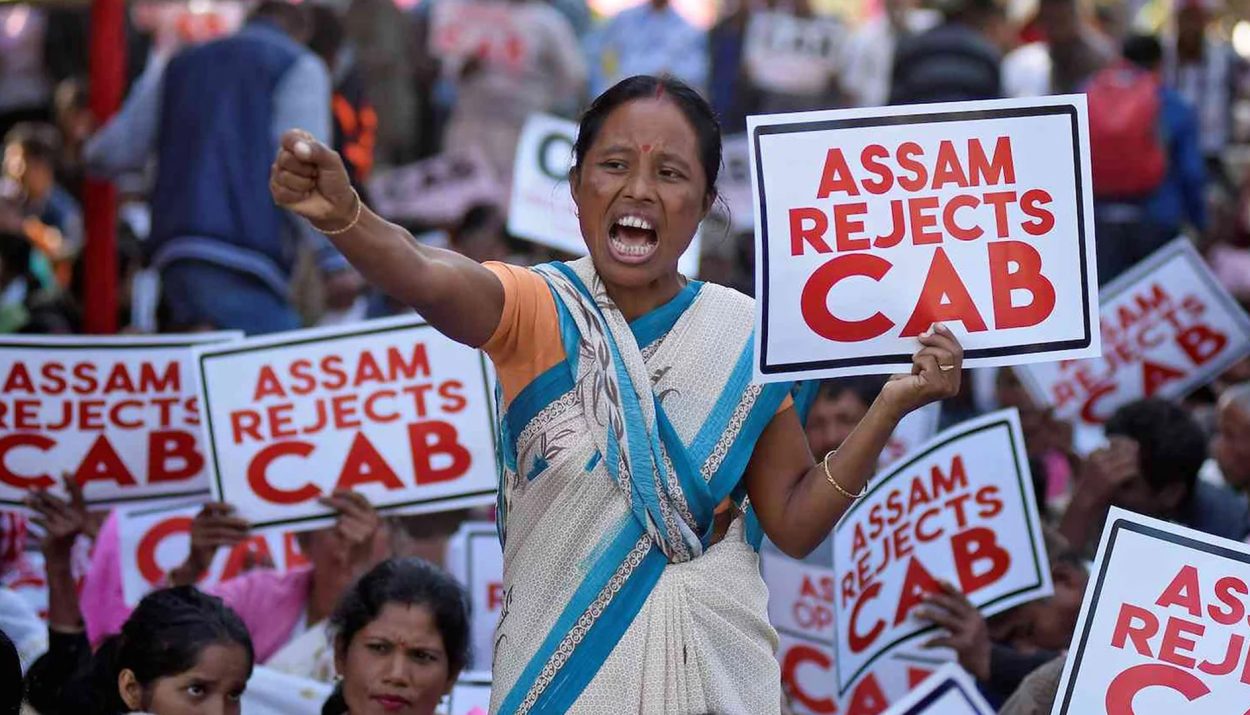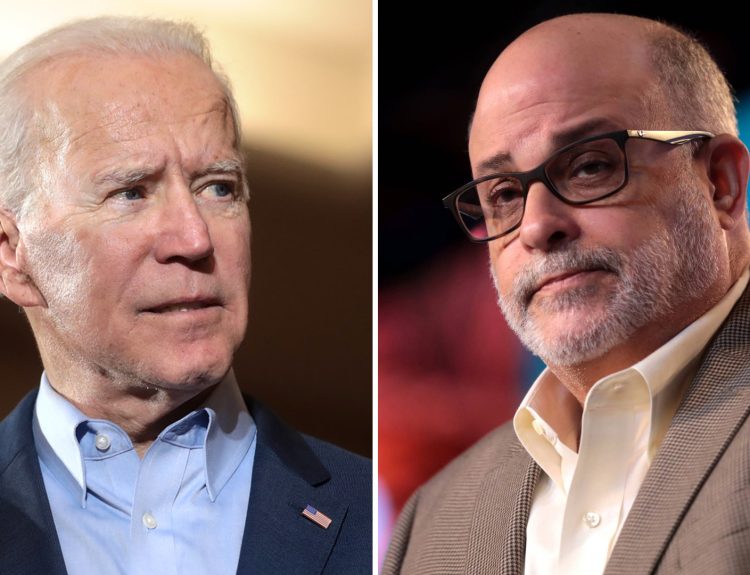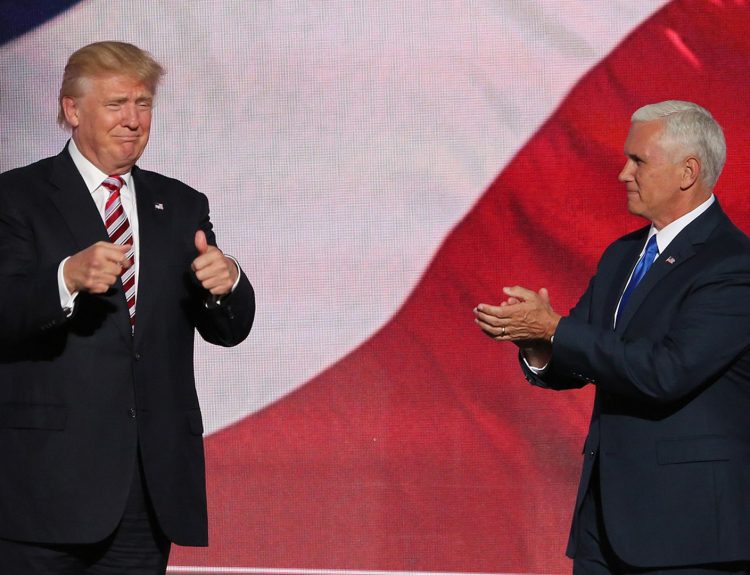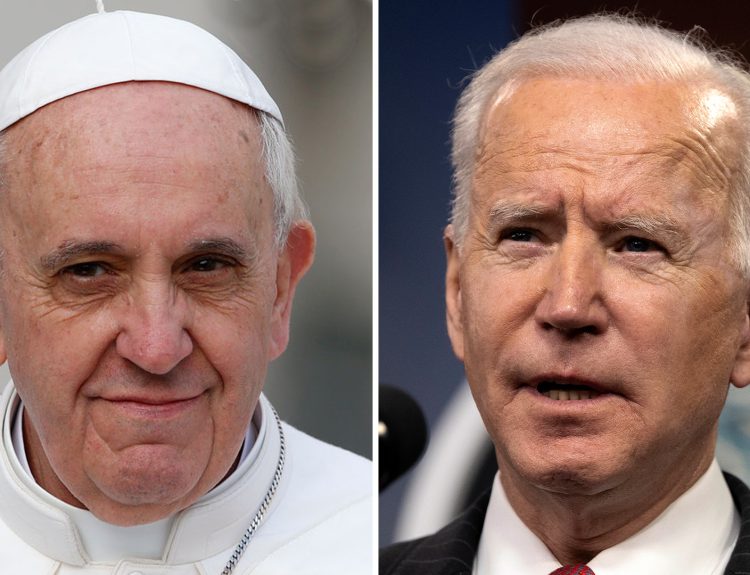India’s government has announced rules to implement a contentious citizenship bill that excludes Muslims, leading to widespread protests and accusations of discrimination. As Prime Minister Narendra Modi seeks a third term, the bill has reignited debates about secularism and religious persecution in the world’s largest democracy. Dive in to learn more about this divisive legislation and its far-reaching implications.
Citizenship (Amendment) Act: A Fast-Track for Non-Muslims
The Citizenship (Amendment) Act offers a streamlined path to citizenship for persecuted religious minorities from Afghanistan, Bangladesh, and Pakistan, but explicitly excludes Muslims. The bill applies to Hindus, Sikhs, Buddhists, Jains, Parsis, and Christians who have faced religious persecution in these neighboring countries. Critics argue that the exclusion of Muslims is unconstitutional and marginalizes India’s sizable Muslim population.
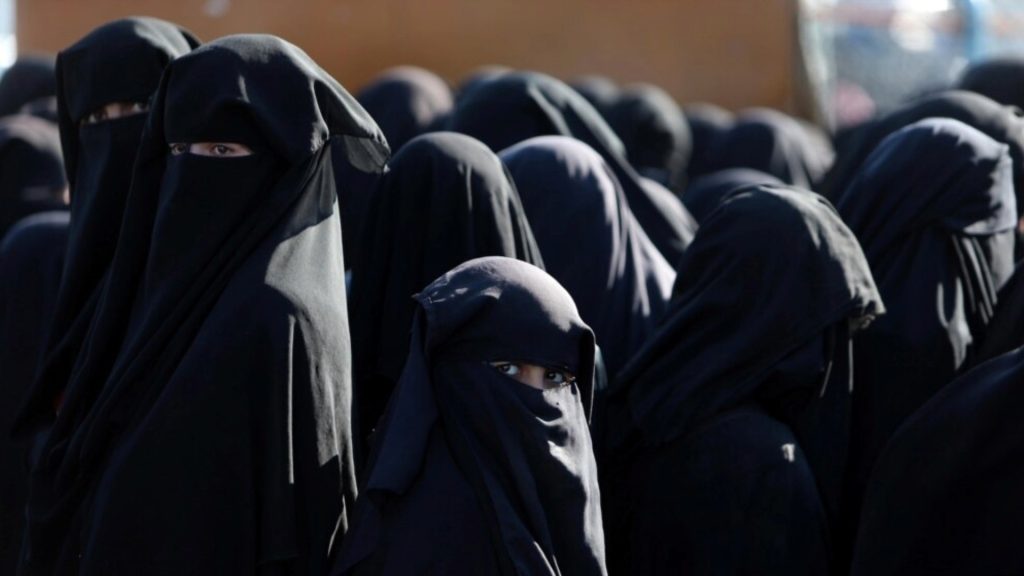
Despite the controversy, Prime Minister Narendra Modi and his Hindu nationalist Bharatiya Janata Party (BJP) have strongly supported the bill. Home Minister Amit Shah praised Modi for fulfilling a promise to persecute religious minorities, but opponents maintain that the bill is discriminatory and undermines India’s secular foundation.
Modi’s Hindu Nationalist Agenda Under Scrutiny
Critics accuse Modi and the BJP of pushing a Hindu nationalist agenda at the expense of India’s 200-million Muslim population. The BJP’s roots in India’s Hindu right-wing movement have led many followers to view India as a Hindu nation, raising concerns about the erosion of the country’s secular and democratic ethos.
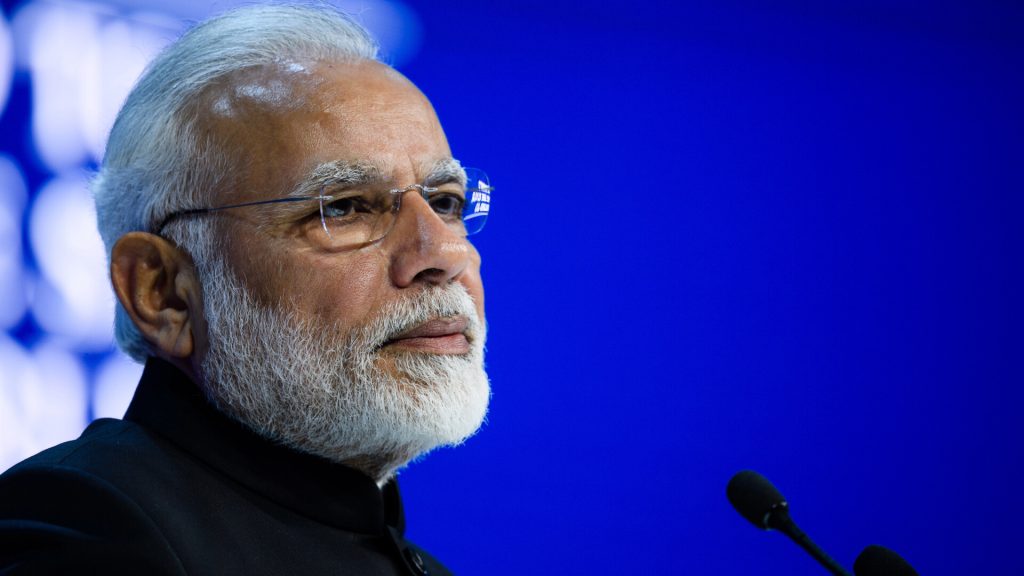
As minorities feel increasingly persecuted under the BJP’s majoritarian policies, any criticism of the government faces censorship and punishment. The citizenship bill is seen as another example of the Modi government’s alleged bias against Muslims and its departure from India’s founding principles of secularism and equality.
Religious Tensions Escalate with Mosque Demolitions
The controversial citizenship bill comes amid heightened religious tensions in India, exemplified by the recent demolition of two mosques in Uttarakhand state and Delhi. The demolitions, which occurred within days of each other, led to clashes and local curfews, further underscoring the growing divide between India’s Hindu majority and Muslim minority.

These incidents have left India’s Muslim population feeling vulnerable and targeted, with many fearing that their religious freedom and rights are under threat. Critics argue that the Modi government’s silence on these issues and its perceived support for Hindu nationalist causes have emboldened those who seek to marginalize Muslims in India.
The Ayodhya Temple Controversy: A Painful Reminder of Division
In January, Prime Minister Modi inaugurated a grand Hindu temple on the site of a 16th-century mosque that was destroyed by Hindu hardliners more than 30 years ago. While many Hindus celebrated the opening of the Ram Janmabhoomi Mandir in Ayodhya, the event served as a painful reminder of the religious divisions that have deepened under Modi’s rule.
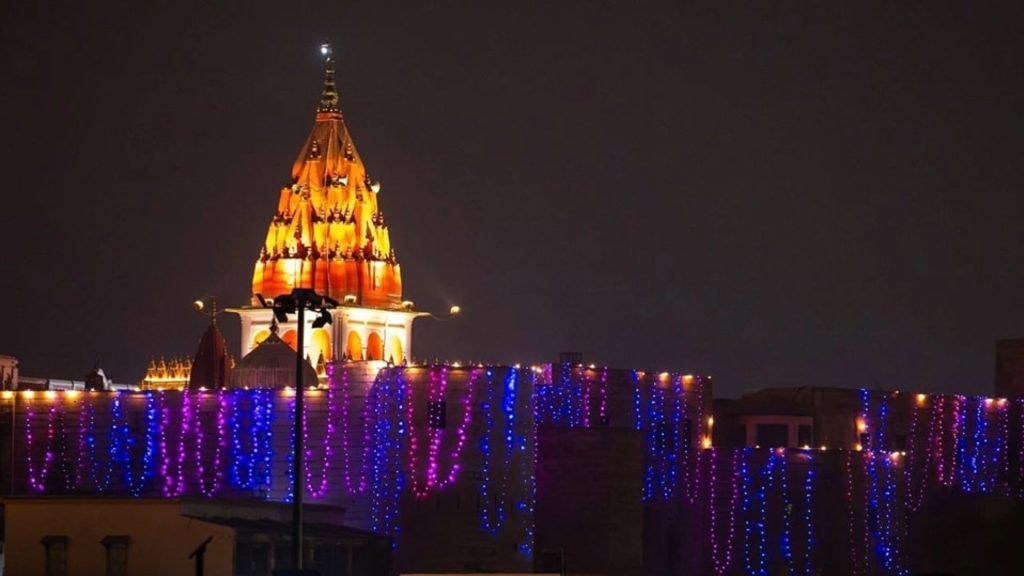
The Ayodhya temple controversy has been a flashpoint in India’s communal tensions for decades, with the destruction of the Babri Masjid in 1992 leading to widespread riots and loss of life. The inauguration of the temple by Modi, a Hindu nationalist leader, has been seen by some as a victory for Hindutva ideology and a blow to India’s secular fabric.
Opposition Parties Rally Against the Citizenship Bill
Opposition parties have vehemently protested the Citizenship (Amendment) Act, calling it unconstitutional and discriminatory. They argue that the bill violates India’s secular principles and marginalizes the country’s Muslim population, which constitutes nearly 15% of the total population.
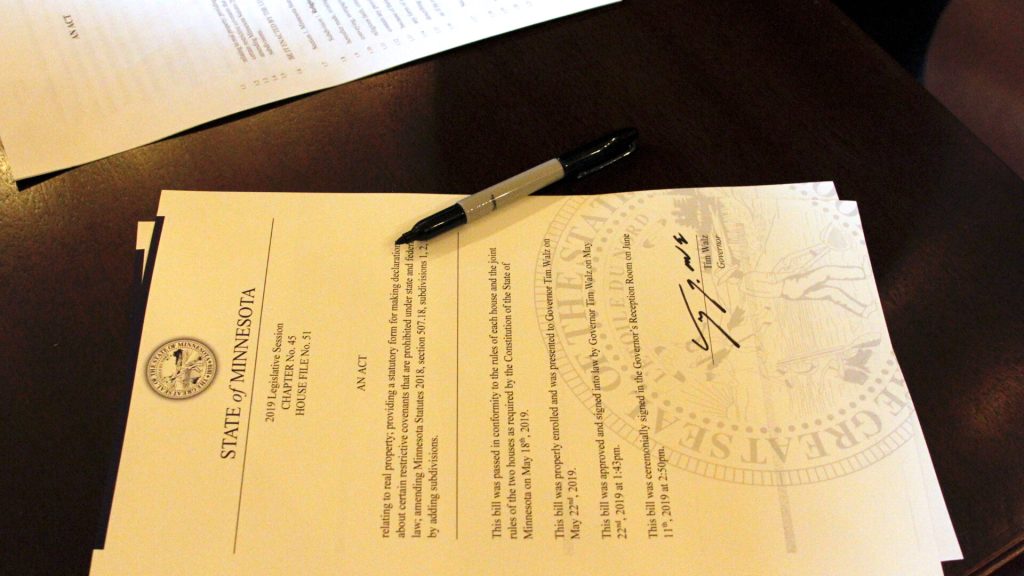
Several states governed by opposition parties have refused to implement the controversial legislation, setting the stage for a potential showdown with the central government. These states maintain that the bill is unconstitutional and goes against the spirit of India’s inclusive democracy.
International Reaction and Concerns Over Human Rights
The Citizenship (Amendment) Act has drawn international attention and criticism, with human rights organizations and foreign governments expressing concern over its discriminatory nature. The United States Commission on International Religious Freedom (USCIRF) has called for sanctions against Indian government officials responsible for the bill, citing its potential to disenfranchise Muslims.
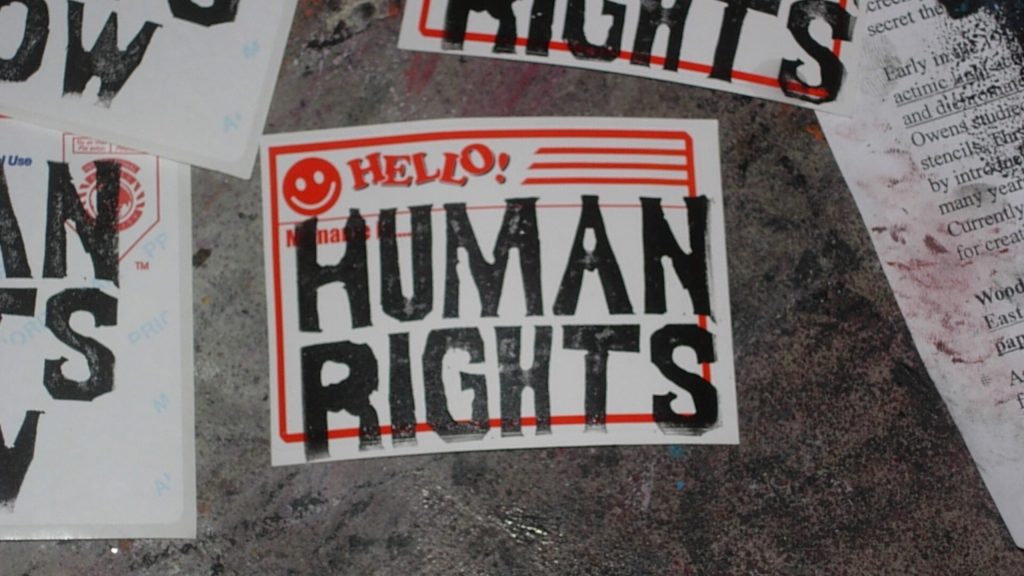
The United Nations High Commissioner for Human Rights has also voiced apprehension about the bill, stating that it fundamentally undermines India’s commitment to equality before the law. The international community has called on India to uphold its obligations under international human rights law and protect the rights of all its citizens, regardless of their religion.
The Impact on India’s Muslim Community
India’s Muslim population, which numbers over 200 million, has been left feeling vulnerable and targeted by the Citizenship (Amendment) Act. Many fear that the bill is part of a larger agenda to marginalize Muslims and strip them of their rights as Indian citizens.
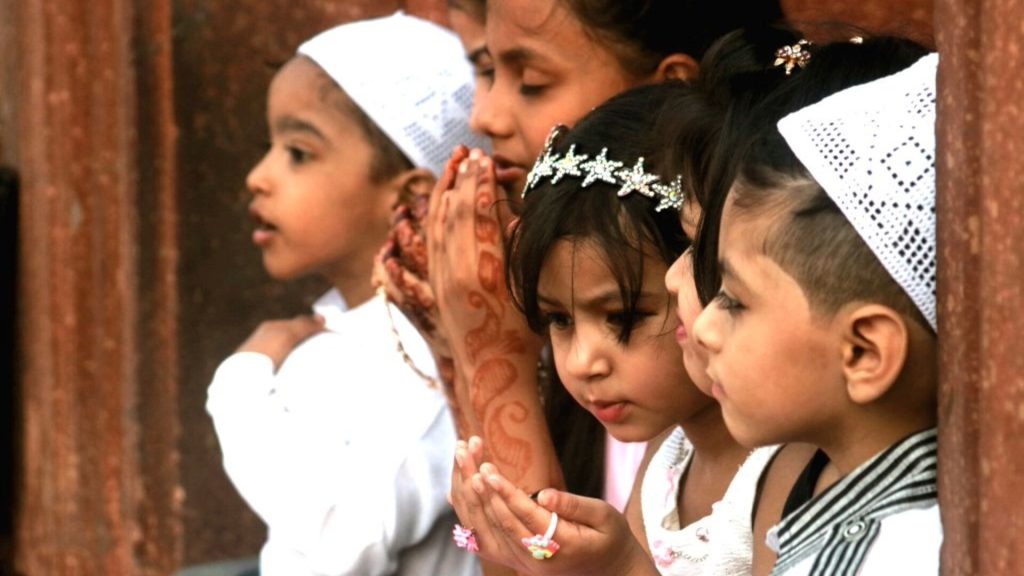
The bill has also raised concerns about the potential for mass statelessness, as Muslims who are unable to prove their citizenship could face detention or deportation. This has led to widespread anxiety and insecurity among India’s Muslim community, with many fearing for their future in the country.
Protests and Civil Unrest Across India
The passage of the Citizenship (Amendment) Act has sparked protests and civil unrest across India, with millions taking to the streets to voice their opposition to the bill. Demonstrations have been particularly intense in states with large Muslim populations, such as Assam and West Bengal.
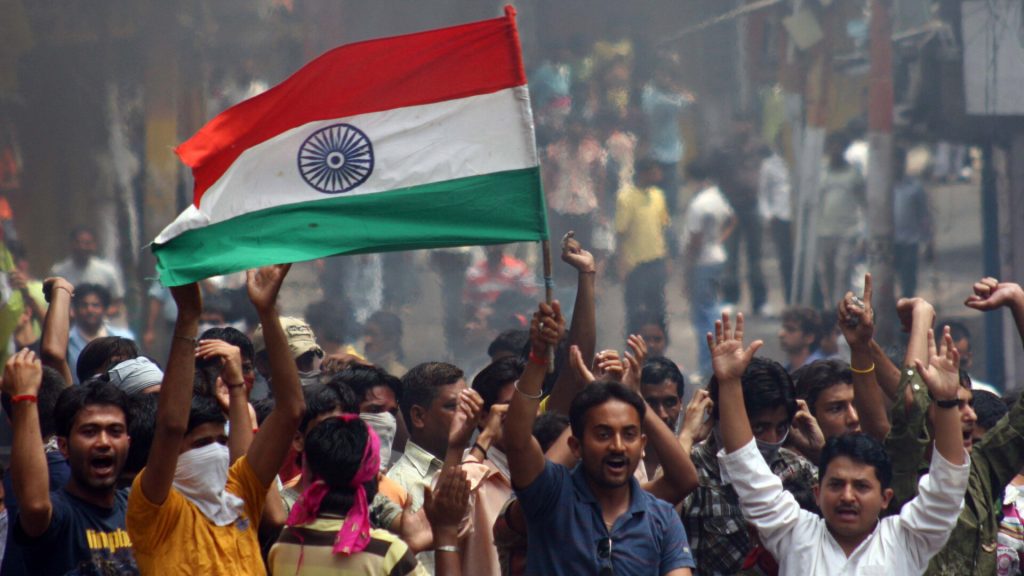
The protests have been met with a heavy-handed response from the authorities, with reports of police brutality, arbitrary arrests, and the use of excessive force against peaceful demonstrators. The government has also faced criticism for imposing internet shutdowns and curfews in several parts of the country to curb the protests.
The Role of Student Activists and Universities
Student activists and universities have played a significant role in the protests against the Citizenship (Amendment) Act, with many campuses becoming focal points of resistance. Students from diverse backgrounds have come together to oppose the bill, arguing that it violates the principles of secularism and equality enshrined in the Indian constitution.
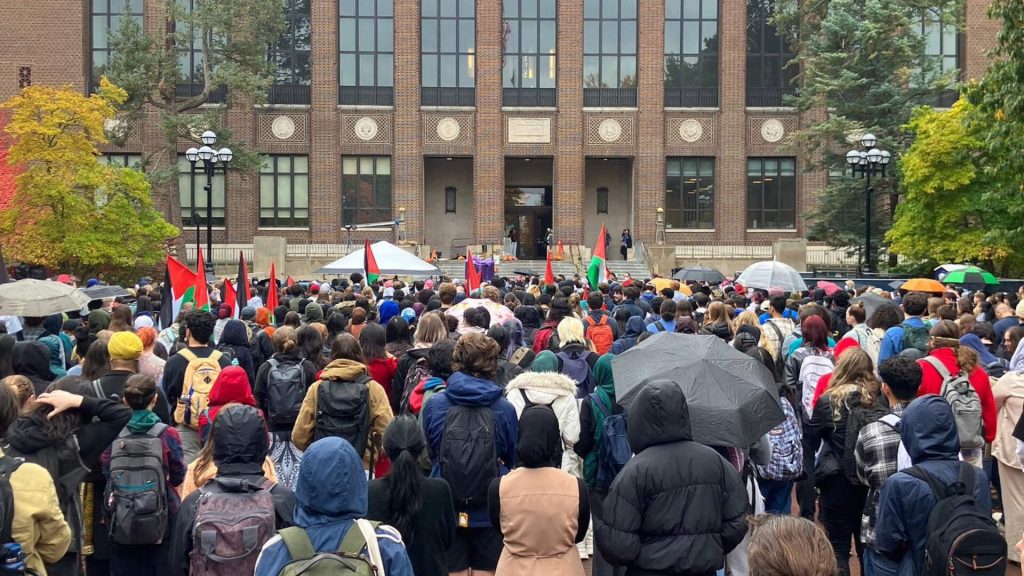
The government has cracked down on student activism, with reports of police entering university campuses and using force against protesters. This has led to a growing sense of unease and anger among India’s youth, who feel that their voices are being silenced and their rights curtailed.
The Economic Fallout of the Protests
The protests against the Citizenship (Amendment) Act have had a significant economic impact, with businesses and industries suffering losses due to the unrest. The tourism sector, in particular, has been hit hard, with many countries issuing travel advisories and warning their citizens against visiting India.
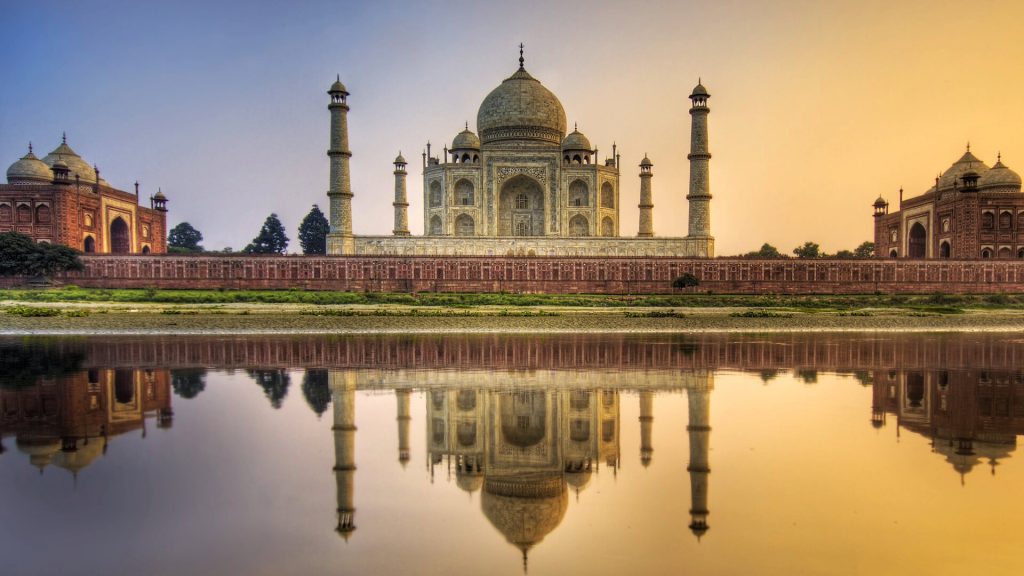
The economic fallout of the protests has raised concerns about India’s growth prospects and its ability to attract foreign investment. Some economists have warned that the unrest could lead to a slowdown in the country’s economy, which is already grappling with a range of challenges.
The Supreme Court’s Role in the Controversy
The Citizenship (Amendment) Act has faced several legal challenges, with petitions filed in the Supreme Court arguing that the bill is unconstitutional and discriminatory. The court has yet to deliver a final verdict on the matter, but its decision will have far-reaching implications for India’s secular fabric and the rights of its minority communities.
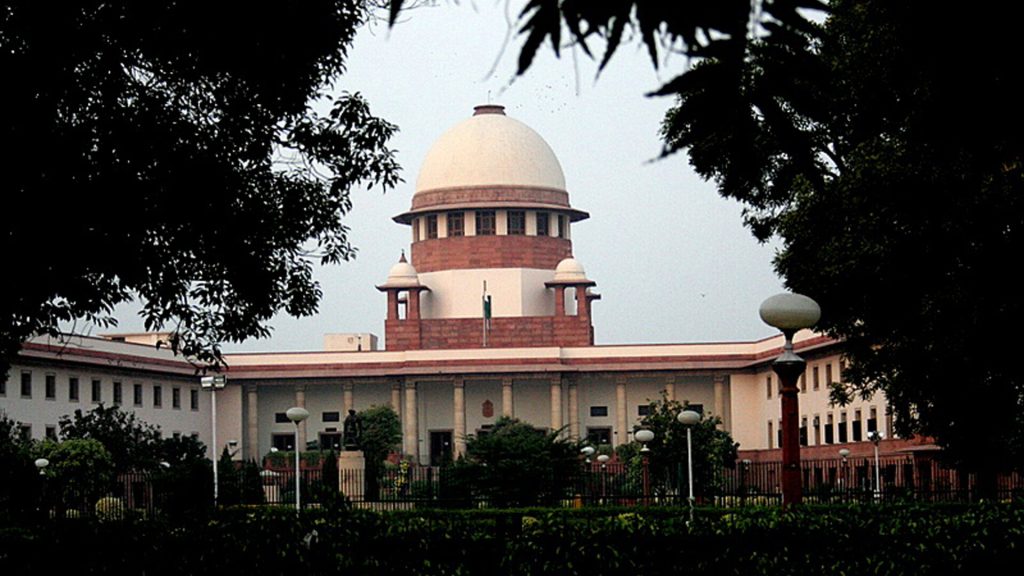
Critics of the bill have called on the Supreme Court to strike it down, arguing that it violates the fundamental principles of equality and non-discrimination. Supporters, on the other hand, maintain that the bill is necessary to protect persecuted religious minorities and is in line with India’s humanitarian obligations.
The Political Fallout and Impact on India’s Democracy
The controversy surrounding the Citizenship (Amendment) Act has had significant political fallout, with opposition parties accusing the Modi government of pursuing a divisive agenda and undermining India’s democratic principles. The bill has also exposed deep fault lines within Indian society, with many fearing that it could lead to further polarization and conflict.
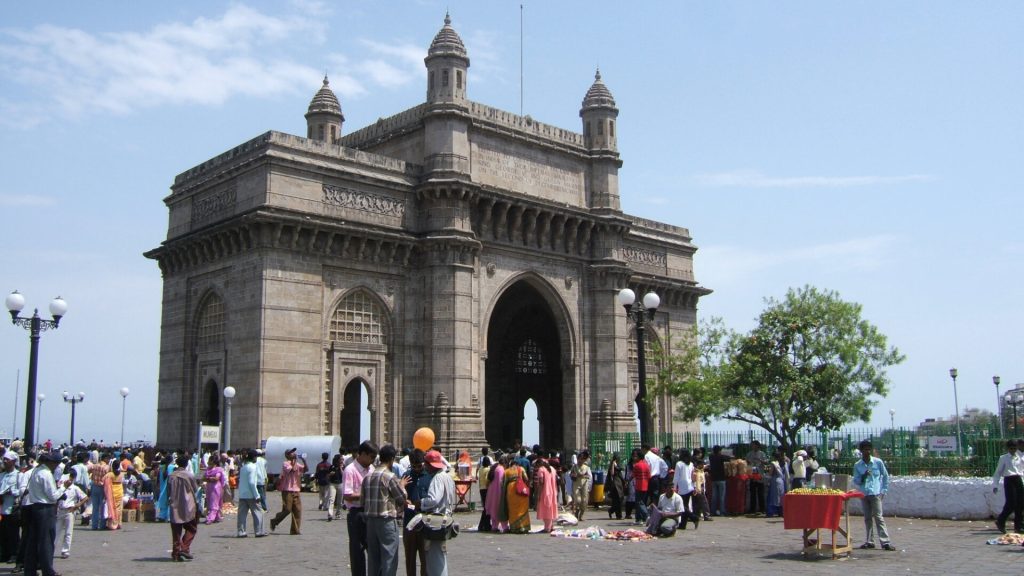
The Modi government has defended the bill, arguing that it is necessary to protect persecuted minorities and fulfill India’s moral obligations. However, critics maintain that the bill is part of a larger agenda to transform India into a Hindu-dominant nation, at the expense of its minority communities.
The Way Forward: Dialogue, Inclusivity, and Respect for Diversity
As India grapples with the fallout of the Citizenship (Amendment) Act, many are calling for dialogue, inclusivity, and respect for diversity as the way forward. There is a growing recognition that the country’s strength lies in its pluralism and that any attempt to undermine this could have disastrous consequences.
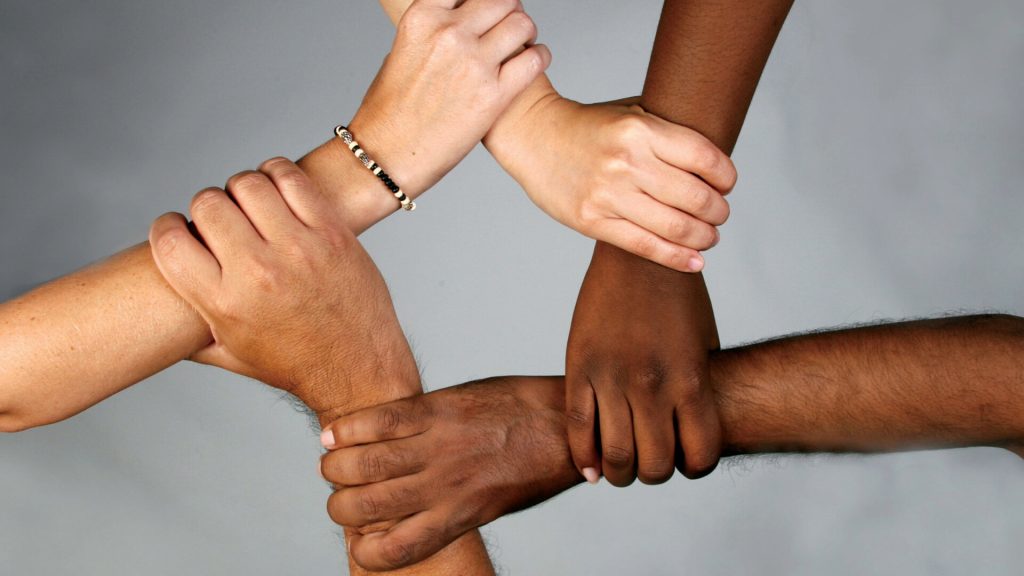
Civil society organizations, religious leaders, and concerned citizens have called for an end to the divisive rhetoric and a return to the principles of secularism and equality that have long underpinned India’s democracy. They argue that only by embracing its diversity and protecting the rights of all its citizens can India hope to achieve its full potential as a nation.
The Road Ahead: Navigating India’s Secular Future
The controversy surrounding the Citizenship (Amendment) Act has brought India to a crossroads, forcing the nation to confront difficult questions about its identity, values, and future. As the world’s largest democracy grapples with the challenges of religious polarization and minority rights, the choices it makes in the coming months and years will have far-reaching consequences.
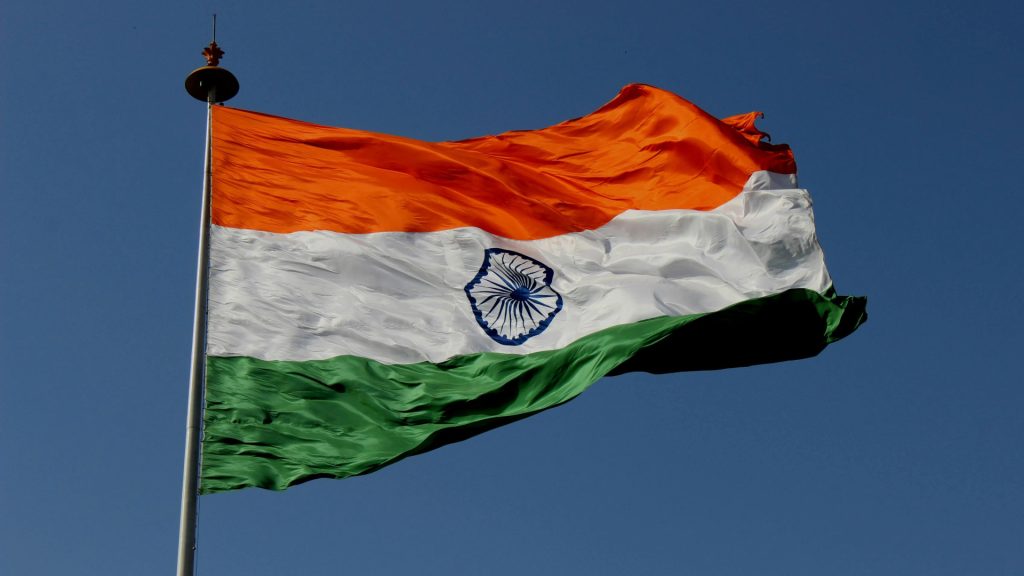
Ultimately, the path forward lies in upholding the principles of secularism, equality, and inclusivity that have long been the bedrock of Indian democracy. By engaging in honest dialogue, respecting diversity, and protecting the rights of all its citizens, India can hope to emerge from this crisis stronger, more united, and better equipped to face the challenges of the 21st century. The future of the nation, and the well-being of its 1.3 billion people, depends on it.

